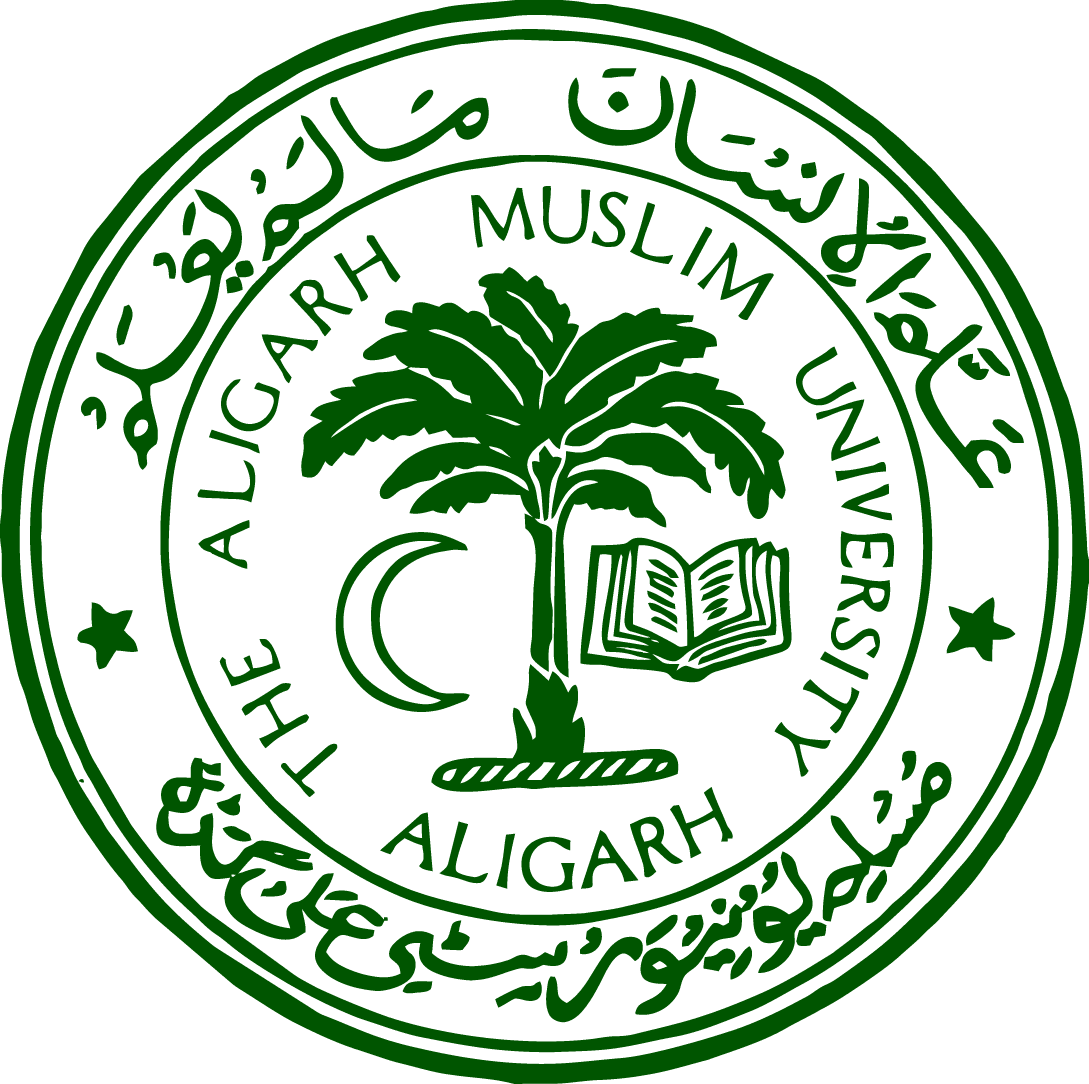Online B.com Aligarh Muslim University Aligarh
Course Duration
3 years
Admission Open
coming soon
Application Date
Closing Soon
Mode
Online
Session Duration
15-20 Hrs/Wk
Programme Overview
BCom or Bachelor of Commerce course is a three-year UG degree course recognised by the Universities Grants Commission (UGC). Along with the full-time delivery mode, one can also pursue Distance BCom or Online BCom course. BCom is one of the most popular courses amongst the Class 12 graduates with the Commerce stream. As per the AISHE reports, with nearly 9.33 lakh enrolment, B.Com has been the third most desired course in India after Class 12. Besides B.Com, candidates can also pursue BCom (Honours) if they wish for in-depth knowledge in the Commerce stream.
The three year BCom course is divided into six semesters. Students pursuing the course can choose elective subjects of their choice in some semesters. Subjects taught during a BCom degree course includes Financial Accounting, Business Laws, Economics, Taxation, Auditing, Cost Accounting, among others. With a BCom degree, one get an option to start a career in related fields such as Finance, Accounting, Banking, Insurance, etc. The average starting salary of a BCom graduate is INR 3 LPA. Besides B.Com, a major chunk of students passing Class 12 with Commerce stream aspire for Chartered Accountancy, Company Secretaryship, and Cost Accounting. After completion of the BCom course from a recognised institute, one can go for courses in teaching, advertising, journalism, mass communication, design, law, etc.
Programme Highlights
Career Counseling and Placement Assistance
World-class faculty and instructors
Exposure to new job opportunities
Industry Relevant Curriculum Framework
Cost Effective Quality Learning
A host of Skill Enhancement and Ability Enhancement Courses in addition to Core Courses
Enhance your Employability Quotation
Latest study material and industry-relevant curriculum designed by subject matter experts
Admission Criteria
Eligibility
- Senior Secondary School Certificate (SSC, 10+2), in any stream from any examination board recognized by Aligarh Muslim University, Aligarh.
Career Prospects
- Accounting and Auditing.
- Tax Advisory Services.
- Financial Services.
- Commercial Banking.
- International Banking.
Compulsory English
Optional (Select 1)
Advance Urdu
Elementary Urdu
Elementary Hindi
Optional (Select 1)
Shia Theology
Sunni Theology
Indian National Movement
Main Subject
Corporate Accounting
Management Concepts
Fundamentals of Business Mathematics
Business Economics
Principles of Marketing
Compulsory English
Specialized Accounting
Business Mathematics
Auditing
Business Environment
Advertising and Sales Management
Compulsory English
Business Statistics
Cost Accounting
Computer Application and E-Business
Public Finance
Indirect Taxes
Management Accounting
International Business
Management of Banking & Insurance
Indian Economy
Income Tax – I
Marketing of Services
Income Tax – II
Human Resource Management
Corporate Law & Regulatory Framework
Indian Financial System
Corporate Governance
Human Resource and Inflation Accounting
Computerized Accounting
Fundamentals of Investments
Corporate Social Responsibility
CRM (Customer Relationship Management)
Entrepreneurship
Viva Voce
Recorded lectures
Live sessions with faculty and industry experts
Doubt-solving sessions
Networking with peers

Aligarh Muslim University Aligarh
The university grew out of the work of Sir Syed Ahmad Khan, the great Muslim reformer and statesman, who in the aftermath of the Indian War of Independence of 1857 felt that it was important for Muslims to gain education and become involved in public life and government services in India. Raja Jai Kishan helped Sir Syed in establishing the university
The British decision to replace the use of Persian in 1842 for government employment and as the language of Courts of Law caused deep anxiety among Muslims of the sub-continent. Sir Syed saw a need for Muslims to acquire proficiency in the English language and Western sciences if the community were to maintain its social and political clout, particularly in Northern India. He began to prepare the foundation for the formation of a Muslim University by starting schools at Moradabad (1858) and Ghazipur (1863). His purpose for the establishment of the Scientific Society in 1864, in Aligarh, was to translate Western works into Indian languages as a prelude to prepare the community to accept Western education and to inculcate scientific temperament among the Muslims. The intense desire to ameliorate the social conditions of Indian Muslims led Sir Syed to publish the periodical, ‘Tehzibul Akhlaq’ in 1870.
In 1877, Sir Syed founded the Muhammadan Anglo-Oriental College in Aligarh and patterned the college after Oxford and Cambridge universities that he had visited on a trip to England. His objective was to build a college in tune with the education system but without compromising its Islamic values. Sir Syed’s son, Syed Mahmood, who was an alumnus of Cambridge prepared a proposal for an independent university to thee ˜Muhammadan Anglo-Oriental College Fund Committee upon his return from England in 1872. This proposal was adopted and subsequently modified. Syed Mahmood continued to work along with his father in founding the college.
It was one of the first purely residential educational institutions set up either by the government or the public in India. Over the years it gave rise to a new educated class of Indian Muslims who were active in the political system of the British Raj. When viceroy to India Lord Curzon visited the college in 1901, he praised the work which was carried on and called it of “sovereign importance”
Programme Structure
Fee Structure
Total Fee
INR ₹ 28,500/-
Inclusive of all taxes
Fee Per Year
INR ₹9,500/-
Inclusive of all taxes
